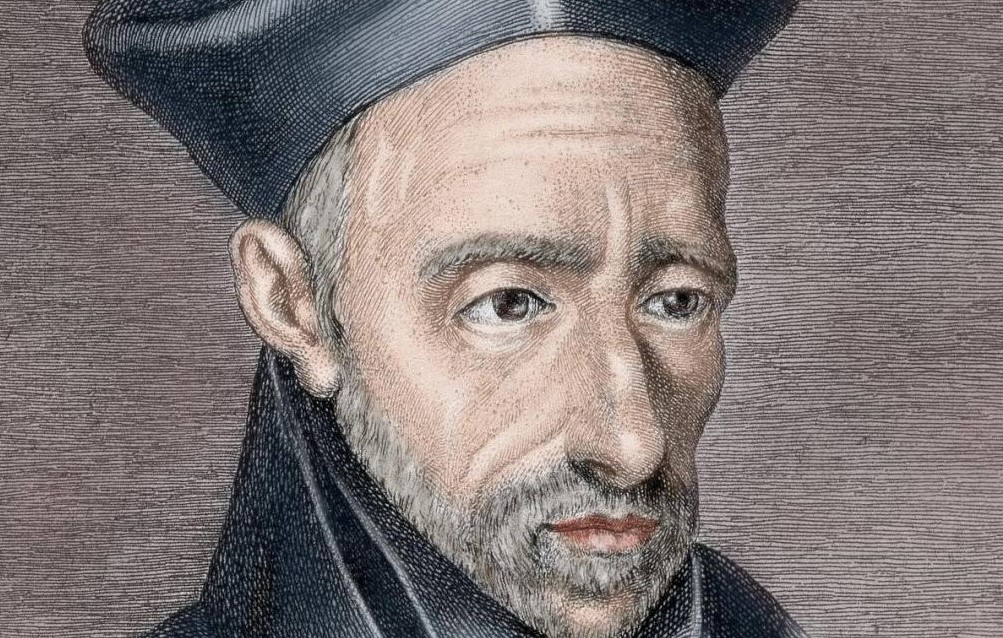Suárez's Reception in the 18th Century and the New Role of Late Scholasticism in Clerical Debates
(Damiani János: Doctrina Verae Christi Ecclesiae)
DOI:
https://doi.org/10.14232/kulonbseg.2020.20.1.279Keywords:
Johannes Damianus, Francisco Suárez, late scholasticismAbstract
This paper's aim is to highlight some of Johannes Damianus' tenets concerning the doctrine of divine grace and metaphysics. Our fundamental problem will be the nature of divine concourse (concursus), assistance (auxilium) and permission (permissio) according to Damiani, and will draw the conclusion that the author's train of thought mostly consists of recapitulations of earlier arguments by Francisco Suárez and Luiz de Molina. Yet, what renders Damianus' ideas more fascinating is the intellectual milieu they were formulated in, since it was a milieu where his opponents had long accepted the claims he propagated. Hence, according to our thesis, the Doctrina Verae Christi Ecclesiae should be regarded as a kind of captatio benevolentiae, which was merely supposed to discredit endeavours by catholic reformers within the imperial court.






